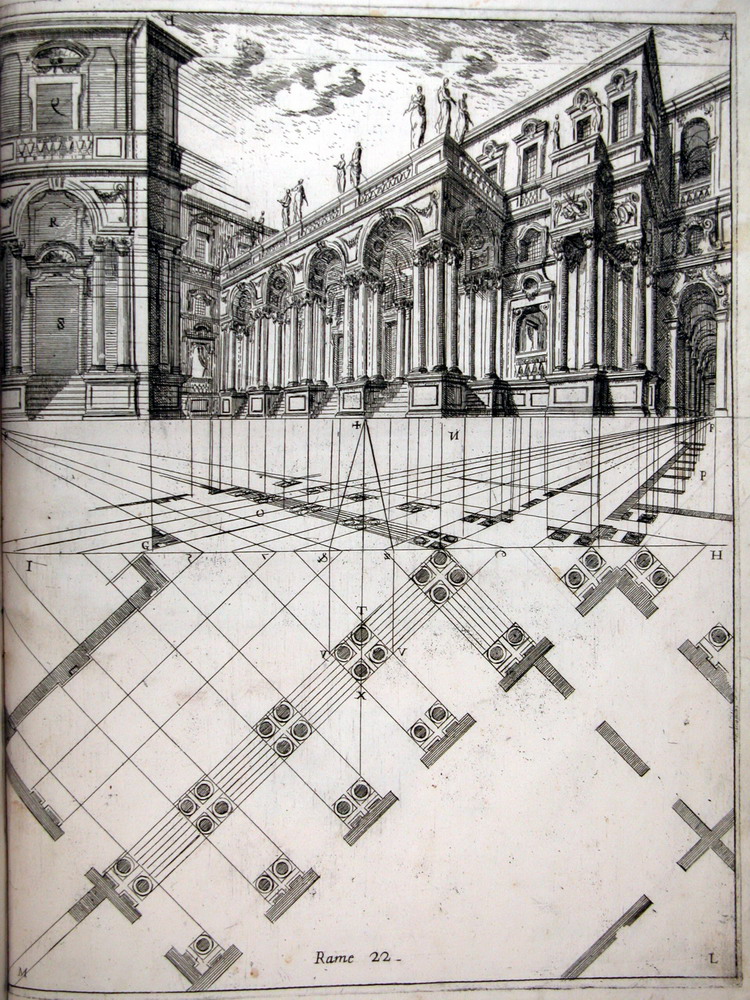In the order of preferences: (the themes are so beautifully written!)
CHRIS LEE with SIMON WHITTLE, Macau: Cross-border Cities
//recuperation of an idea of the city as a project + alternative forms of urbanization.//Macau as a paradigmatic cross-border city, an idea and a model of the city that can be translated to another territory.// to conceive of a border-crossing facility that acts as a common framework, accommodating housing, work spaces and other provisions that Macau presently lacks.// focus on typology and the concept and method are well-clarified.//megaplot
SHARON JOHNSTON and MARK LEE, Miami
//continuity versus discontinuity in the city, using pedestrian street as mediators// I like this one a lot
GERDO AQUINO and YING-YU HUNG,
//SWA, great landscape firm (IRIS internal thinktank), Scott has worked there.//infrastructure and promenade
TOSHIKO MORI, Kyoto
//seasons and livelihood of the city, morphology or buildings and development of cities// I was actually moved by the details of the pastoral city life she mentioned. The serendipity of life is essential for me and my design. She started a material collection in the library. Talked to her but not very enthusiastic
BEN VAN BERKEL//UNStudio - minimal description...but great work as always
ACHIM MENGES, Fibrous Tectonics
//material (IN)formation, Josef Albers' material behavior in the design process + ALTO(?) scientific methodology = biological composites//clear research methodology, but the end product is just a program operated by the robot... an example of biological inspiration in material.//maybe ask for a RA position?
FLORIAN IDENBURG
//great reputation, future of work, permanent modernity, urban parametrics// decent projects that takes
REM KOOLHAAS
//maybe great for professional practice, not very suitable for academic work.
GOSSIPS: Shohei Shigematsu, OMA NY; Patrik Schumacher, partner with Zaha (Shaoliang's studio)
THOUGHTS: not a big fan of parametric design; like projects that requires contemplation; the livelihood and human interaction are essential for me; does not like most of the landscape studios...
THE CORE SEQUENCE
Orthographical projections// the first studio is all about project oneself onto the material world to show how someone would articulate architecture. They gave us some examples and a little inversion [definition needed] assignment to engage us in conversing between the 2-D representation and the 3-D reality. Some examples are:
Ferdinando Gallida Bibiena

PETER ZUMTHOR, Spittelhot Estate

interior circulation shown in 2D projections
Be mindful about the spatial arrangement, the interplay between 2-D and 3-D (a perpetual theme in architecture). Get a great gist of work flow and representation skill is fundamental.
.JPG)
No comments:
Post a Comment